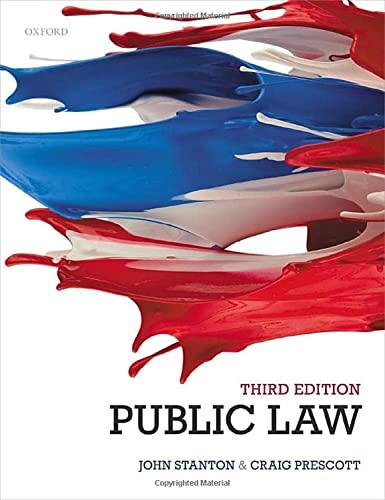Question
Lubricating oil is the vital component of every internal combustion engine. From a small passenger vehicle to a Formula 1 racing car, from a heavy-duty
Lubricating oil is the vital component of every internal combustion engine. From a small passenger vehicle to a Formula 1 racing car, from a heavy-duty truck to a cargo ship, from a lawn mower to a Supercar designed to go faster than any other on the planet, there is a Castrol lubricant designed specifically for the job
In fact, Castrol's products play a major part in our everyday lives, supplying oils, transmission fluids, antifreeze, coolants, greases and brake fluids to suit differing local needs all around the world. They offer the benefit of more than a century of engineering excellence to help people and businesses get the best from their machines.
1. What is cell theory?
2. Are there living organisms without cells?
3. In 1665, Robert Hooke, an English scientist, published his book Micrographia, in which he described that pieces of cork viewed under a microscope presented small cavities, similar to pores and filled with air. Based on knowledge discovered later on, what do you think those cavities were composed of? What is the historical importance of this observation?
4. What are the two main groups into which cells are classified?\
5. Do the cells of bacteria have a nucleus?
6. Are any bacteria made of more than one cell?
7. What is the plasma membrane of the cell? What are its main functions?
8. What chemical substances compose the plasma membrane?
9. What is the difference between a plasma membrane and a cell wall?
10. What are the main respective components of cell walls in bacteria, protists, fungi and plants?
Step by Step Solution
There are 3 Steps involved in it
Step: 1

Get Instant Access to Expert-Tailored Solutions
See step-by-step solutions with expert insights and AI powered tools for academic success
Step: 2

Step: 3

Ace Your Homework with AI
Get the answers you need in no time with our AI-driven, step-by-step assistance
Get Started


